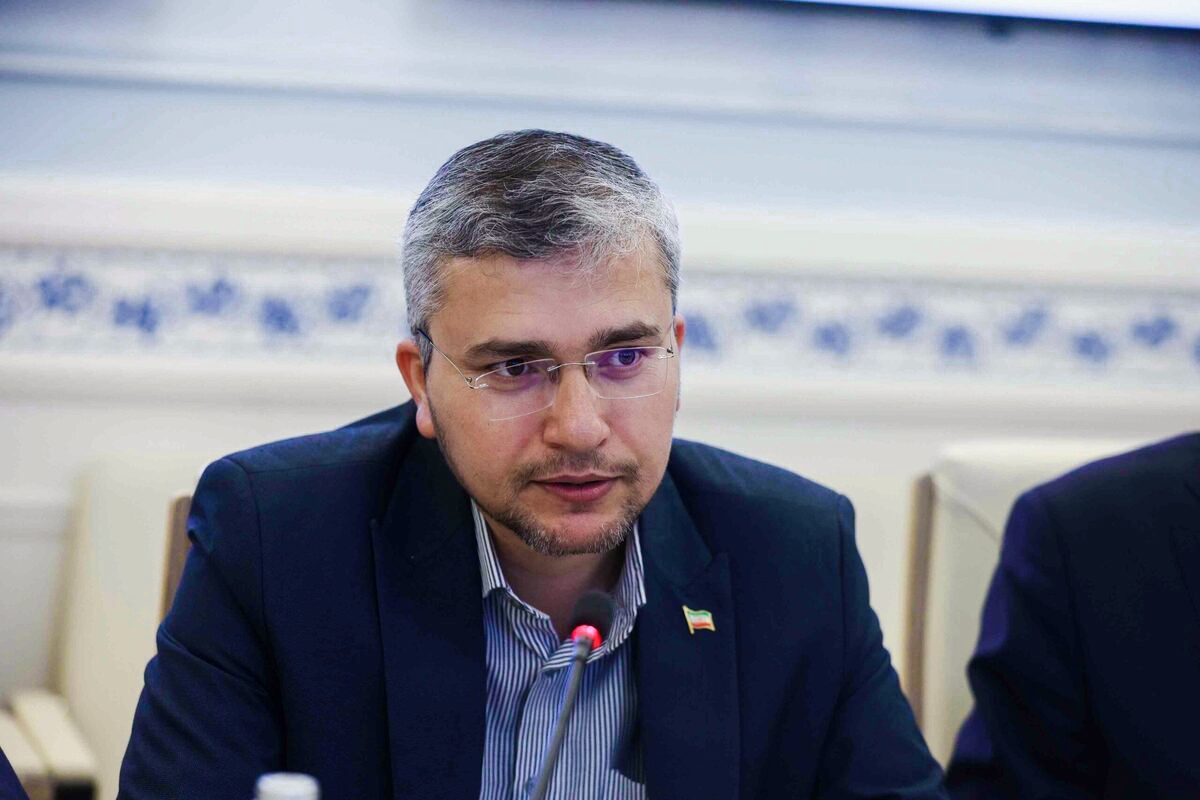In a new escalation that could ignite international tensions, Iran has threatened to withdraw from the Treaty on the Non-Proliferation of Nuclear Weapons and increase uranium enrichment to over 60% if Western pressure and sanctions continue.
This came in statements by Ibrahim Raisi, the spokesperson for the National Security and Foreign Policy Committee in the Iranian parliament, who said in an interview with the "Tasnim" agency that Iran has voluntarily suspended the implementation of the Additional Protocol but remains a party to the treaty.
He added: "If the pressure continues, withdrawal from the treaty, increasing enrichment above 60%, as well as producing and exporting modern centrifuges and expanding nuclear cooperation, are all options on the table."
The statements came amid a wave of increasing European pressure, where the European trio _Britain, Germany, and France_ threatened to activate the "snapback" mechanism, which automatically reimposes all previous Security Council sanctions on Tehran if tangible progress is not made in the nuclear talks.
However, Iranian Foreign Minister Abbas Araghchi considered that the Europeans have no legal or moral basis to activate this mechanism, and wrote on the "Clubhouse" platform that the European Union and the trio should "act responsibly and abandon consumptive policies of threat and pressure."
Araghchi pointed out that Iran is ready to resume negotiations, but only if there is a genuine offer for a fair, balanced agreement that achieves mutual benefit.
Prior to that, there was a phone call between the foreign ministers of the three European countries, in addition to the EU's foreign policy chief, with Araghchi, marking the first contact since the airstrikes carried out by Israel and the United States in mid-June on Iranian nuclear facilities.
A French diplomatic source said that the ministers demanded Iran's immediate return to negotiations to reach a verifiable and sustainable agreement.
They also emphasized their intention to activate the mechanism for reimposing UN sanctions if no breakthrough occurs before the end of summer, without specifying the nature of the "tangible progress" required.
On the other hand, with the departure of International Atomic Energy Agency inspectors from Iran after the recent airstrikes, it has become difficult to assess the on-the-ground situation of the Iranian nuclear program.
According to diplomats, reaching a comprehensive agreement before the end of August seems unrealistic, despite European intentions to coordinate efforts with the United States in the coming days to revive talks with Tehran.
It is worth mentioning that the nuclear agreement reached in 2015 between Iran and the major powers (Britain, France, Germany, Russia, China) calls for lifting sanctions in exchange for strict restrictions on the nuclear program.
However, the effect of the Security Council resolution framing the agreement will expire on October 18, potentially opening the door to the reimposition of previous sanctions within 30 days if the trigger mechanism is activated.

